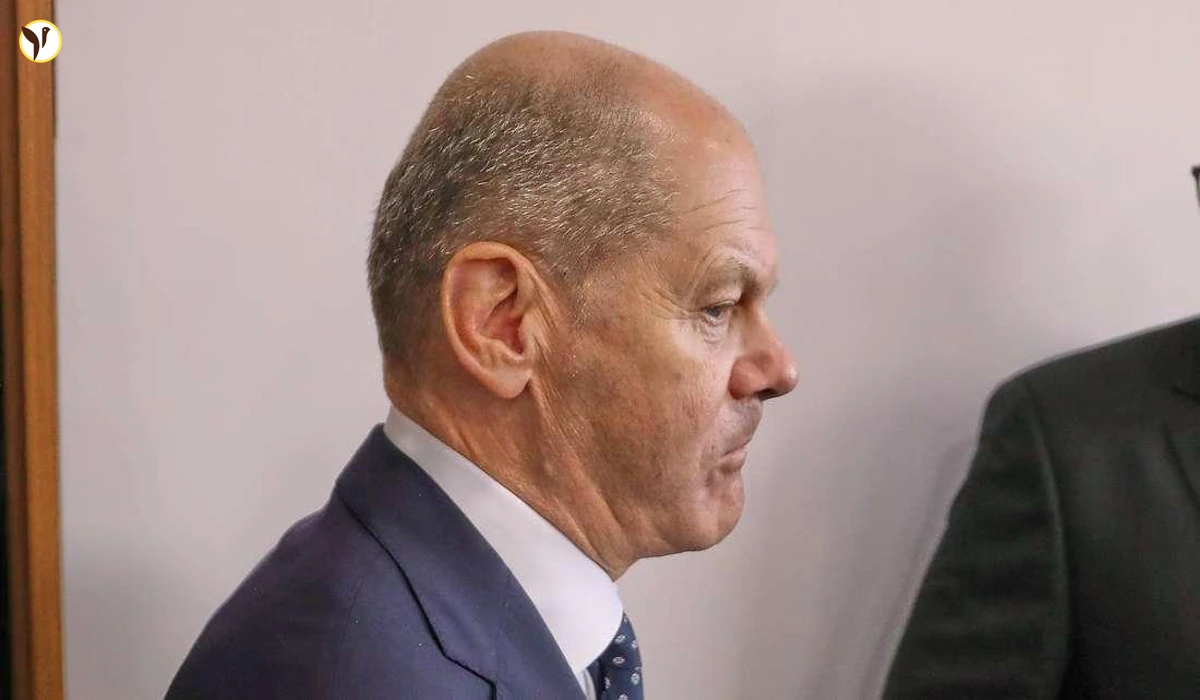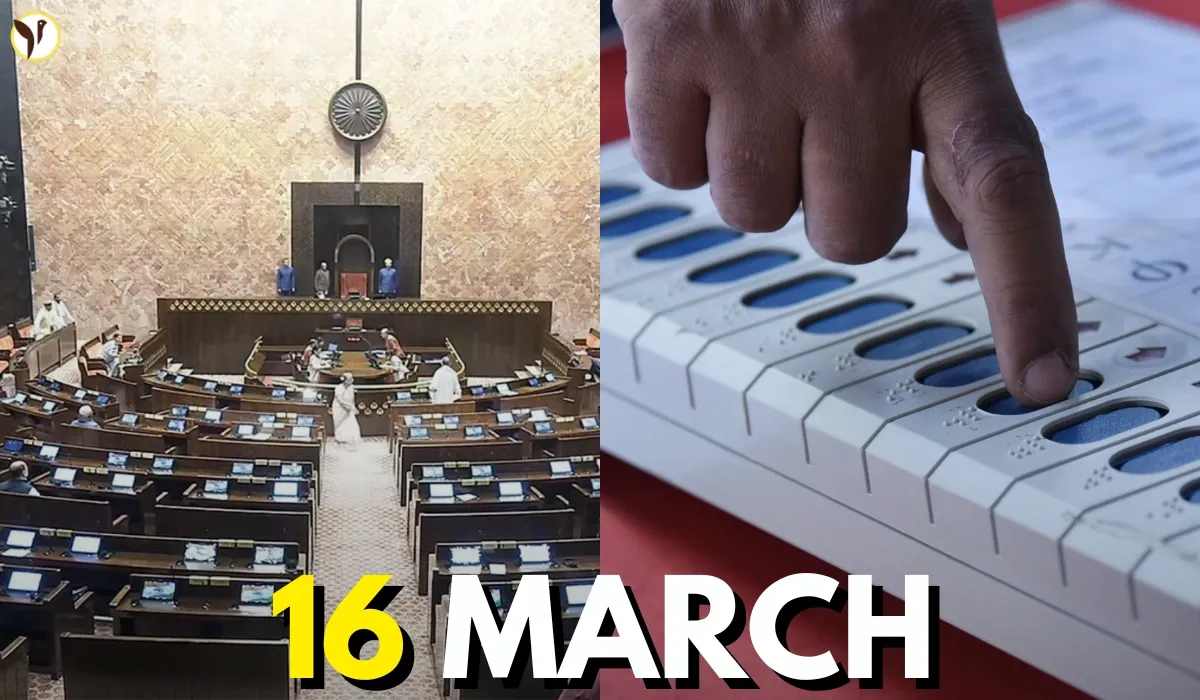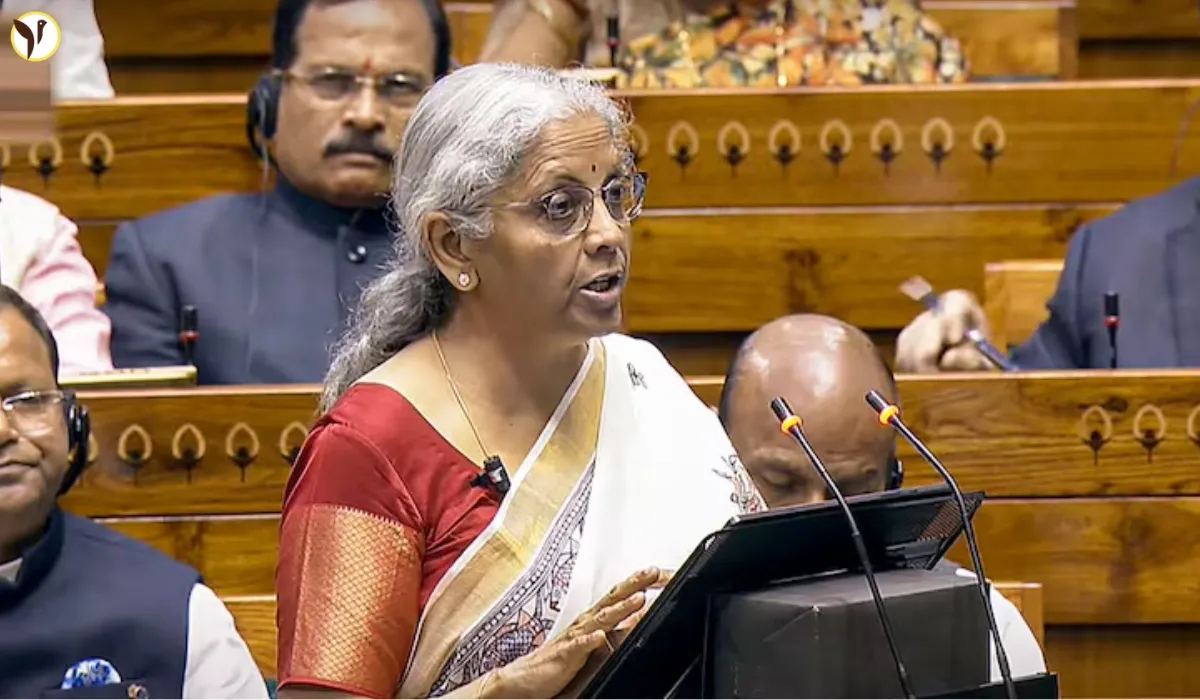Germany's New Government: A Behind-the-Scenes Look at the Chaos
Honestly, the situation in Germany right now is a complete rollercoaster. The post-election coalition talks are supposed to be shaping the country's future, but behind all the polite smiles and public pronouncements of unity, it's absolute mayhem. Let me break it down for you.
Broken Promises and Plummeting Approval
Friedrich Merz and the CDU/CSU are facing a major backlash. Remember all those promises they made during the campaign? Well, a lot of them have gone out the window to appease their potential coalition partners, the SPD (Social Democrats). This has left a huge chunk of their voters feeling betrayed.
A recent ZDF poll showed a staggering 73% of people feel deceived by Merz – and that includes 44% of CDU/CSU supporters! Ouch. It's particularly frustrating for many because it's a matter of fundamental issues. Merz pledged to stop illegal immigration at the border, but now it looks like he'll have to give in to the SPD's demands to bring in hundreds of thousands of migrants yearly. Talk about a U-turn!
- Migration: A major sticking point. The SPD wants open borders, and the CDU/CSU is now compromising its initial stance.
- Taxation: The CDU/CSU favors tax cuts, while the SPD wants tax increases. This is a classic clash.
- Gender Self-Determination Act: The CDU/CSU wants to repeal it, while the SPD wants to keep it. This is deeply divisive.
And it's not just about immigration. Merz also agreed to a massive €1 trillion debt to boost defense and infrastructure – a complete reversal of his previous stance on the "debt brake." He even conceded to the Greens on climate policies, setting aside €100 million for the climate fund and enshrining 2045 as the climate neutrality deadline.
The AfD's Rise
All this is playing right into the hands of the AfD (Alternative für Deutschland). Their popularity has skyrocketed. The latest INSA/BILD poll shows them at a record 23.5%, nearly neck and neck with the CDU/CSU at 27%. The AfD is having a field day, blasting Merz for his "orgy of debt" and broken promises.
"The citizens don't want another left-wing government where the CDU/CSU lets the SPD and Greens dictate policy," AfD co-leader Alice Weidel declared. They are already planning to run their own candidate for Chancellor in the next election!
What's Next?
This whole situation is far from over. The CDU/CSU's support is dwindling, and the AfD is gaining momentum. I have a feeling that the next few months are going to be absolutely crucial. This coalition drama has serious implications for Germany, and honestly, I’m not sure how this will all pan out. The political landscape is shifting fast, and it's definitely a situation worth keeping a close eye on.









